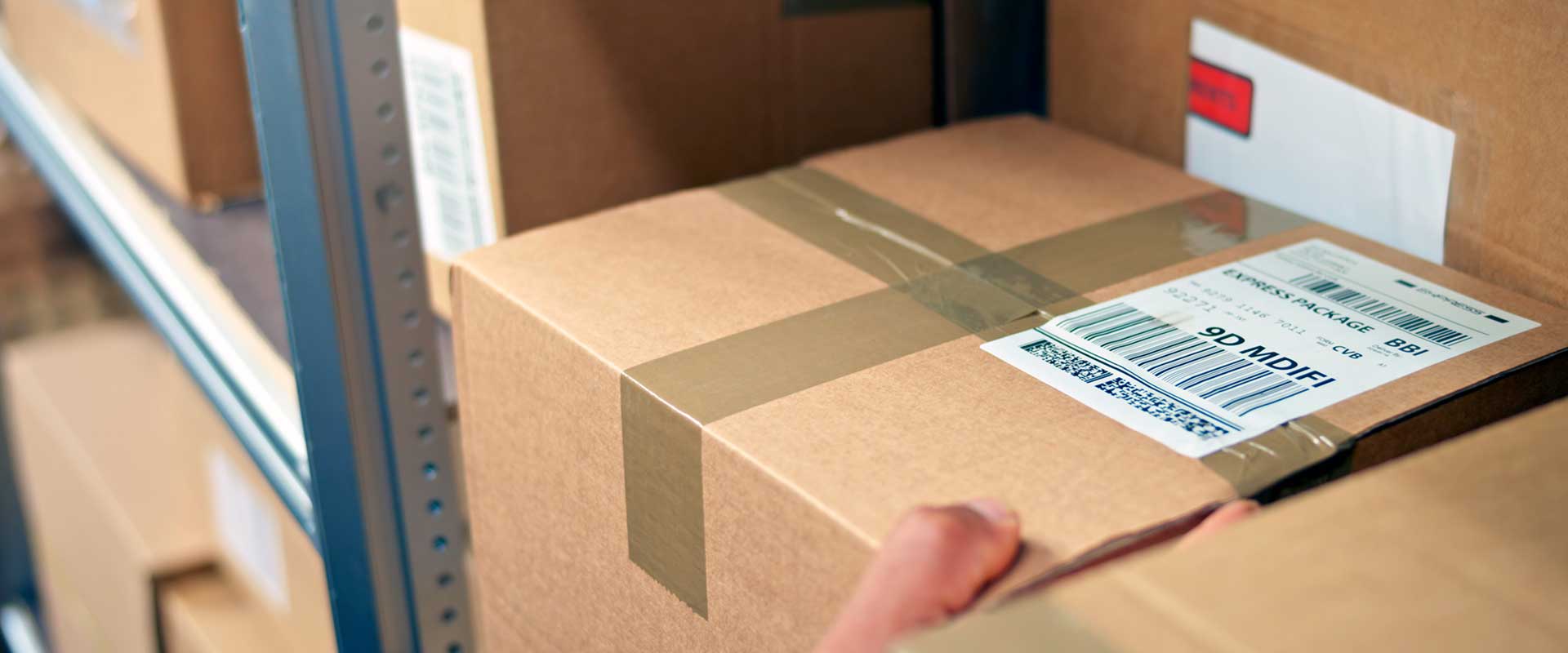
Brand Owners Shift Innovation Approach to Fewer, Bigger Bets to Drive Growth
- Article

Starting in 2017, many brands began slowing the pace of new product introductions, with some brand owners streamlining the stock-keeping units (SKUs) in their portfolios to minimize operational complexity and drive margin improvement. But such streamlining is not being done at the expense of innovation. On the contrary, to spur growth, some 80% of brand owners expect to increase investment in innovation over the next four years in the form of packaging redesigns and pack size changes, among others — an opportunity that packaging converters should be ready to leverage.
That’s according to L.E.K. Consulting’s proprietary U.S. Brand Owner Packaging study, now in its seventh year, for which we surveyed 400 U.S. brand managers and packaging stakeholders in the fourth quarter of 2024 and the first quarter of 2025.
Leading consumer packaged goods brands are streamlining their existing SKUs to reduce costs, improve operational efficiency, elevate margin and focus on their core products while leading with innovation as a critical activity to drive above-market growth.
Unilever, for example, in 2024 announced a goal of cutting SKU counts by approximately 20% in combination with a reduction in raw materials and number of suppliers. The plan was to propel higher-volume orders of fast-moving SKUs — which presented an opportunity for packaging suppliers in the form of more standardized business.
Meanwhile, Hain Celestial said it was shrinking its SKU counts by an incremental 6% on top of its 2023 goal of cutting SKU counts by 50%. In doing so, the natural food company hopes to increase shelf space and brand awareness for its core SKUs and to consolidate its operating footprint in order to spur savings and generate operating cash flow that it could use to pay down debt, all while increasing margins.
But just because brand owners are streamlining SKUs doesn’t mean they’ve stopped innovating. In contrast, they are simultaneously embracing more-disciplined R&D strategies and focusing on fewer, higher-impact launches along with category innovation to propel growth. Nestlé, for example, announced in October 2024 that it would be taking a “fewer, bigger, better” approach to innovation and any resulting SKU introductions.
Indeed, when brands introduce SKUs, more often than not they are the result of product innovation (see Figure 1).
With that in mind, approximately 80% of respondents to our survey indicated they expect to increase investment in SKU innovation — via packaging redesigns, price adjustments and pack size changes — over the next four years, up from roughly 73% over the prior four years.
To leverage this opportunity, packaging converters must align with these SKU optimization strategies by offering scalable, customizable and sustainable packaging solutions that cater to innovation-driven growth and brand-specific priorities.
When it comes to SKU innovation, one size does not fit all. Approximately 62% of Tier 1 brand owners focus their investments on customization and personalization, for example, whereas middle market brands prioritize incremental innovation (e.g., small improvements on existing products). Challenger and micro brands prioritize sustainability, while private-label brands prefer to take a broader approach to innovation that includes multiple pilot launches and agile iterations (see Figure 2).
Such a range of approaches is why packaging converters cannot take a one-size-fits all approach to serving their customers, but must instead understand the variety of divergent needs by customer segment and end market and offer a range of solutions to satisfy them. Making investments to get involved earlier in the brand owner innovation process also has myriad additional benefits for converters, including positioning the converter as a solution partner, increasing customer intimacy and creating greater customer stickiness.
To learn more from our four-part series of articles, be sure to read about the degree of importance brand owners place on packaging, how brand owners plan to respond to an expected increase in packaging costs in 2025 and how the performance on sustainability goals is evolving.
For more information, please contact us.
L.E.K. Consulting is a registered trademark of L.E.K. Consulting LLC. All other products and brands mentioned in this document are properties of their respective owners. © 2025 L.E.K. Consulting LLC